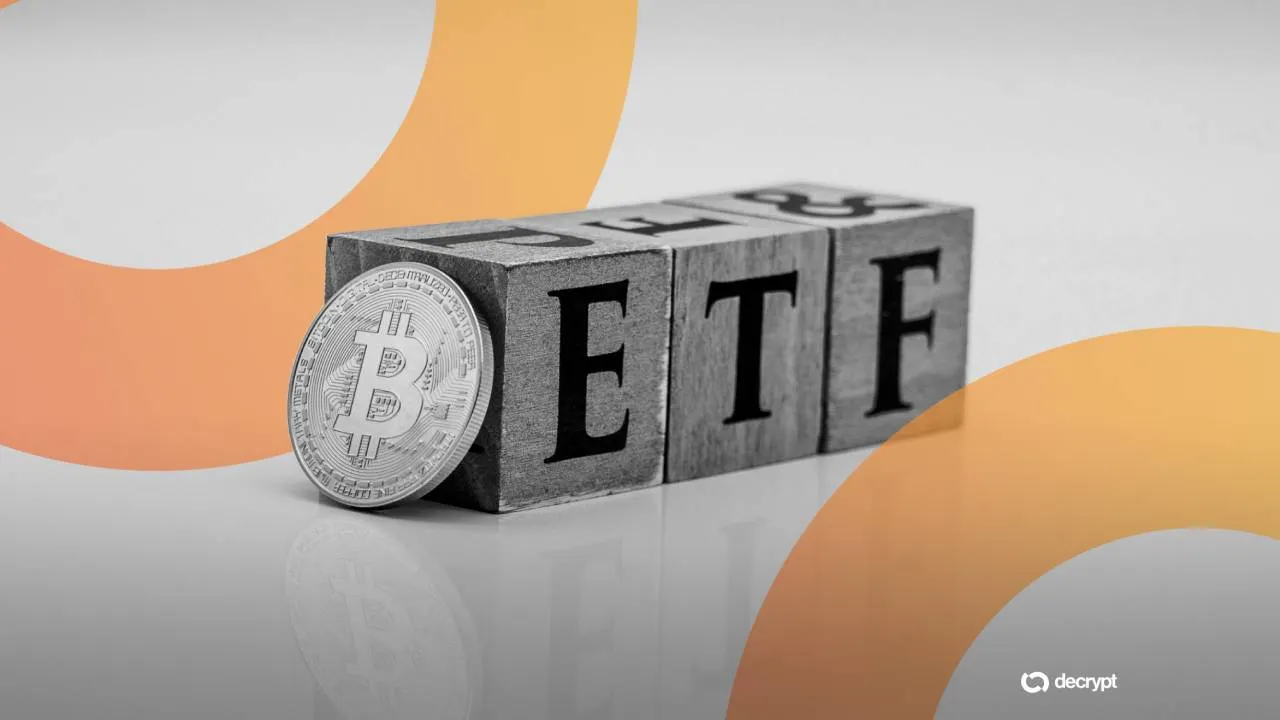What the Government Shutdown Means for Pending Crypto ETFs

News Summary
Decisions by the U.S. Securities and Exchange Commission (SEC) on applications for spot altcoin ETFs, including those for Solana, XRP, Cardano, Litecoin, and Dogecoin, are on hold due to a partial government shutdown. Analysts had anticipated SEC approval for Solana funds in early October, but the ongoing budget impasse makes this timeline increasingly unlikely. The SEC has stated it will not review or approve product applications during the closure. Despite regulatory delays, the crypto market shows strong demand, with spot Bitcoin ETFs managing approximately $150 billion in assets and Ethereum funds over $22 billion AUM. Solana's price still rose following the news, indicating investors were largely untroubled by the budget impasse or viewed crypto as a safe-haven asset.
Background
The U.S. government is currently in a partial shutdown due to a budget impasse between Senate Republicans and Democrats. This gridlock has led government agencies, including the Securities and Exchange Commission (SEC), to scale back everyday activities. The SEC has explicitly stated it will operate with limited personnel and suspend non-emergency services, including the review of financial product applications. Amidst this, there has been surging demand for spot crypto ETFs, following the dramatic success of spot Bitcoin and Ethereum funds. The market eagerly awaits SEC approval for additional spot ETFs based on altcoins like Solana, XRP, and Cardano, driven by growing institutional and retail investor interest in digital assets.
In-Depth AI Insights
Beyond the immediate delay, what long-term implications does this government shutdown signal for regulatory consistency and investor confidence in the nascent crypto ETF market? - This highlights inherent political risk within the U.S. regulatory landscape, potentially leading to 'regulatory arbitrage' as issuers explore other jurisdictions. - If approval processes remain susceptible to political gridlock, it could temper institutional enthusiasm, leading to skepticism about the stability and predictability of the U.S. market. - Such unpredictability may prompt institutions to re-evaluate their U.S.-centric crypto asset strategic deployments. Given the success of Bitcoin and Ethereum ETFs, how might this delay in altcoin ETF approvals affect the competitive landscape and capital allocation within the broader crypto market? - This further entrenches the dominance of Bitcoin and Ethereum as regulated investment vehicles, potentially drawing more capital into existing BTC/ETH funds. - Altcoins without ETFs may experience slower institutional adoption, thereby limiting their market liquidity and upside potential. - The delay could push investors towards unregulated on-chain altcoin venues or alternative investment product structures, impacting U.S. regulators' visibility into market activity. What strategic plays might traditional finance (TradFi) and crypto firms consider to navigate or even capitalize on such regulatory unpredictability in the future? - TradFi firms might diversify their regulatory efforts globally, seeking approvals in jurisdictions with clearer or more stable regulatory environments. - Crypto firms could intensify their lobbying efforts to push for clearer, more predictable regulatory frameworks or focus on offering direct institutional custody solutions. - Innovative, non-ETF structured digital asset products might emerge, designed to circumvent or minimize SEC review, creating new market opportunities within regulatory gaps.